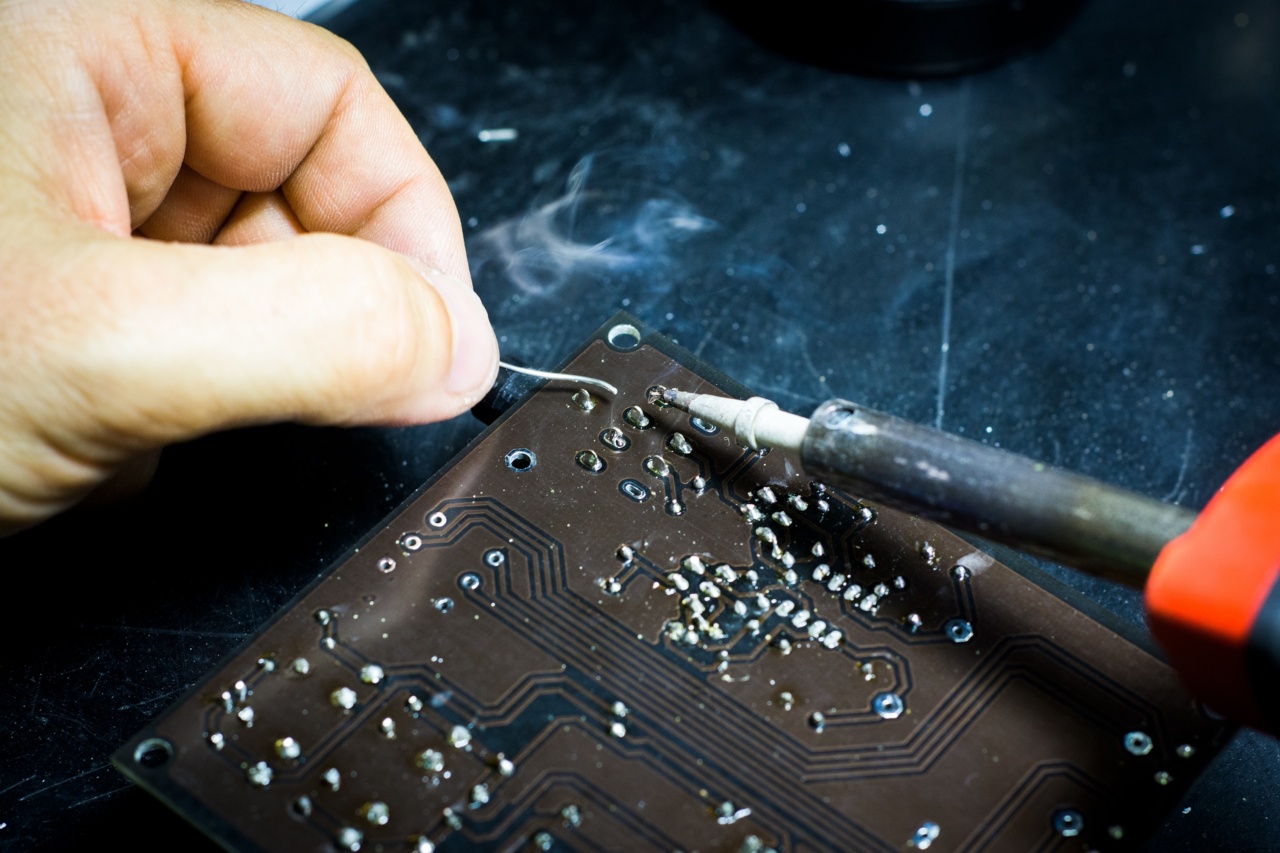Insulin resistance and polycystic ovary syndrome (PCOS) are two interlinked conditions that affect many women worldwide. Understanding the relationship between these disorders is crucial for managing and treating them effectively.
In this comprehensive overview, we dive into the causes, symptoms, and treatment options for both insulin resistance and PCOS.
What is Insulin Resistance?
Insulin resistance is a condition in which the body’s cells do not respond properly to the hormone insulin. Insulin plays a vital role in regulating blood sugar levels by facilitating the uptake of glucose into cells for energy production.
However, when cells become resistant to insulin, glucose builds up in the bloodstream, leading to high blood sugar levels.
Causes of Insulin Resistance
Several factors contribute to the development of insulin resistance. Some of the primary causes include:.
- Obesity and excess body fat
- Lack of physical activity
- Poor diet, high in processed foods and refined sugars
- Genetic predisposition
- Hormonal imbalances
Insulin resistance can also be a precursor to other health conditions such as type 2 diabetes, metabolic syndrome, and cardiovascular disease.
Signs and Symptoms of Insulin Resistance
Identifying the signs and symptoms of insulin resistance helps in early diagnosis and intervention. Some common indicators include:.
- Elevated blood sugar levels
- Increased waist circumference
- Frequent hunger or cravings
- Weight gain, especially in the abdominal area
- Fatigue and decreased energy levels
- Irregular menstrual cycles
Insulin Resistance and PCOS: Understanding the Connection
Polycystic ovary syndrome (PCOS) is a hormonal disorder that affects women of reproductive age. Among the various factors contributing to PCOS, insulin resistance plays a significant role.
Research suggests that approximately 70-80% of women with PCOS have insulin resistance.
How Insulin Resistance contributes to PCOS
Insulin resistance impacts the ovaries’ ability to function correctly, leading to hormonal imbalances in women with PCOS.
When insulin levels are high due to insulin resistance, the ovaries produce excess androgens (male hormones) such as testosterone. These elevated androgen levels can cause irregular menstruation, fertility issues, and the development of cysts on the ovaries.
Common Symptoms of PCOS
PCOS manifests in various ways, with symptoms varying from person to person. Some of the common signs include:.
- Irregular or absent menstrual periods
- Excessive hair growth on the face, chest, or back
- Acne and oily skin
- Weight gain or difficulty losing weight
- Insulin resistance and high blood sugar levels
- Difficulty getting pregnant
Treatment Options for Insulin Resistance and PCOS
Managing insulin resistance and PCOS involves a multi-faceted approach. Here are some common treatment options:.
- Lifestyle changes, including regular exercise and a balanced diet
- Medications to control insulin resistance and regulate menstrual cycles
- Oral contraceptives to balance hormone levels
- Anti-androgen medications for controlling excess hair growth and acne
- In some cases, fertility treatments may be necessary for those trying to conceive
Conclusion
Insulin resistance and PCOS are intricately connected, with insulin resistance being a significant contributing factor to the development and progression of PCOS.
Understanding the relationship between the two conditions is crucial for effective management and treatment. Incorporating lifestyle changes and appropriate medications can help individuals manage insulin resistance and alleviate the symptoms of PCOS.

























